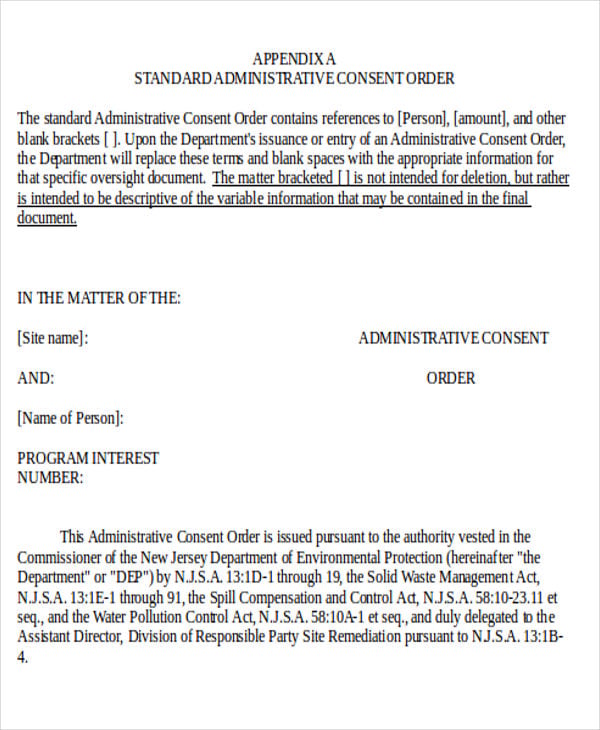

However, certain legal provisions do indicate circumstances in which having sexual relations with a minor - the age of majority in the country is 18 - is considered a crime.Īrticle 261 of the Mexican Federal Penal Code considers that a person forcing a minor of 15 years or less to see or engage in sexual acts, or to exhibit their body, is committing an abuse. There is no law establishing a specific age of sexual consent in Mexico. In addition, the person signing the consent form must be informed of the risks and benefits of the experimental procedure and of alternative treatments.A report claims that the legal age of sexual consent in Mexico was reduced to 12 years old and that a man can seduce an underage minor “while acting entirely within the law.” This is false: no law regarding sex with minors was recently voted on, nor does Mexico have a defined age for sexual consent at the federal level.Īn article published on June 30 and was shared more than 13,700 times claims that Mexico updated its legal regulations in order to allow for the age of consent - the age past which a minor can fully understand a sexual act and take part in it - to be reduced to 12. In medical research, the patient must be informed that the procedure is experimental and that consent can be withdrawn at any time.


Nurses or other members of the health care team may be involved in filling out the consent form and witnessing the signature of the patient or the parent or guardian, if the patient is a minor. The physician must explain to the patient the diagnosis, the nature of the procedure, including the risks involved and the chances of success, and the alternative methods of treatment that are available. In nonemergency situations, written informed consent is generally required before many medical procedures, such as surgery, including biopsies, endoscopy, and radiographic procedures involving catheterization. If all of the criteria are met except that the person rejects the plan, that person makes an informed refusal. A person gives informed consent only if all of these criteria are met. Seven criteria define informed consent: (1) competence to understand and to decide, (2) voluntary decision making, (3) disclosure of material information, (4) recommendation of a plan, (5) comprehension of terms (3) and (4), (6) decision in favor of a plan, and (7) authorization of the plan. Informed consent consent of a patient or other recipient of services based on the principles of autonomy and privacy this has become the requirement at the center of morally valid decision making in health care and research.


 0 kommentar(er)
0 kommentar(er)
